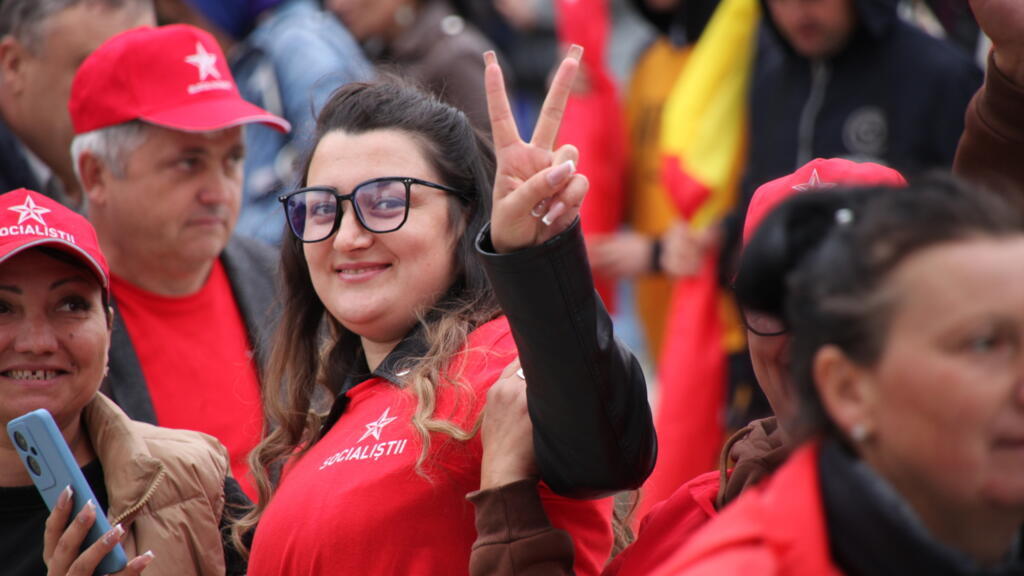
Moldovans are heading to the polls on Sunday – in what is widely seen as the most important election since the country gained independence – facing a political crossroads with implications for its European future, regional security and domestic stability.
At stake are all 101 seats in the unicameral parliament, which are elected via proportional representation.
The significance of Sunday's vote transcends national boundaries. Moldova’s next government will determine whether the country maintains its accelerated path toward European Union membership, or pivots back toward deeper ties with Moscow.
The election is set against a backdrop of Russia’s ongoing war in neighbouring Ukraine, and intense international interest in Moldova’s democratic resilience.
Russian disinformation and Moldova's media landscape
Who are the main contenders?
The pro-European Party of Action and Solidarity (PAS), led by President Maia Sandu, seeks to consolidate Moldova’s European trajectory. PAS entered this race as the incumbent majority, campaigning on promises of anti-corruption and EU integration.
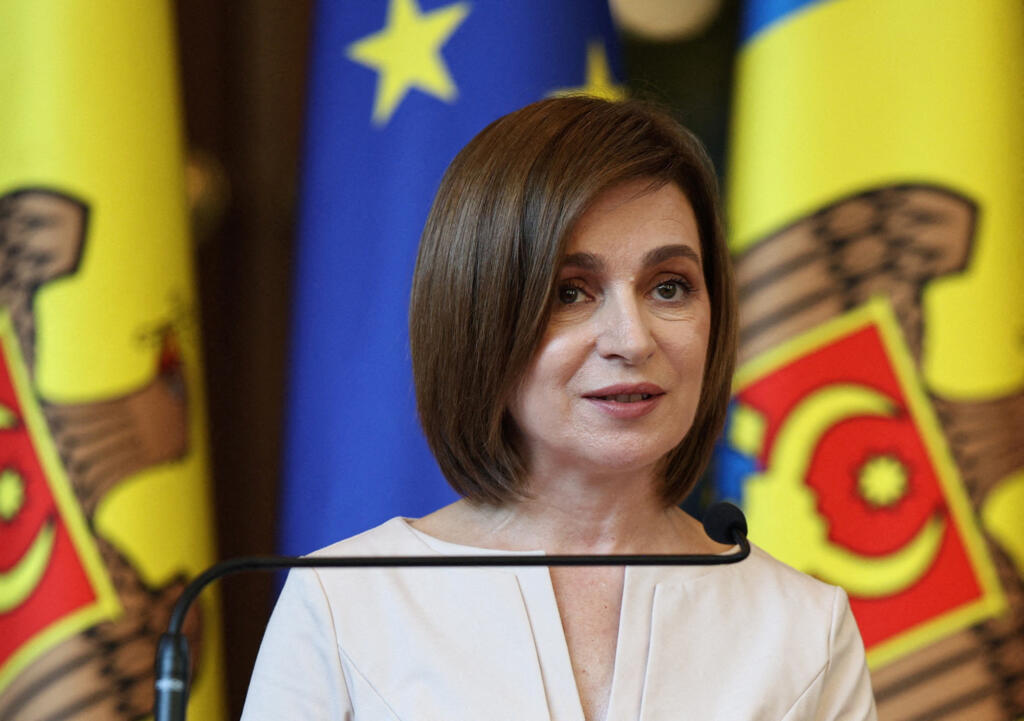
Facing off against the PAS is the pro-Russian alliance – the Patriotic Electoral Bloc (BEP) – and the Alternativa Bloc.
BEP consists of former presidents Igor Dodon and Vladimir Voronin. But in the period leading up to the elections, their forces were weakened after the Central Electoral Commission banned some of the participants.
On Friday the commission excluded the pro-Russian party Greater Moldova from the election, citing suspected illegal financing and foreign funding. Authorities suspect the party tried to influence voters with money and may be linked to the previously banned party led by exiled businessman Ilan Shor.
Greater Moldova’s leader, Victoria Furtuna, described the decision as biased and intends to appeal.
Last week the commission banned another pro-Russian party, Heart of Moldova, from participating in the BEP, amid similar concerns.
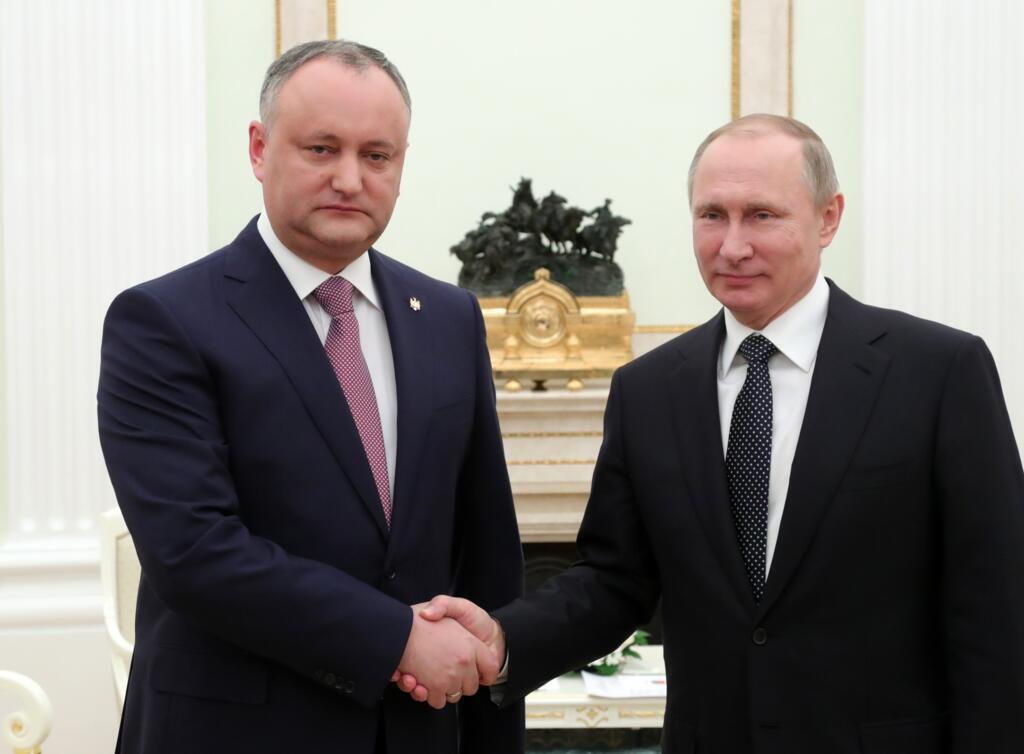
The opposition forces advocate for Moldova’s neutrality and a sovereign course, warning that closer EU alignment would erode the country’s independence and social fabric.
Moldova will keep pro-EU course despite Russian threat, Popescu tells RFI
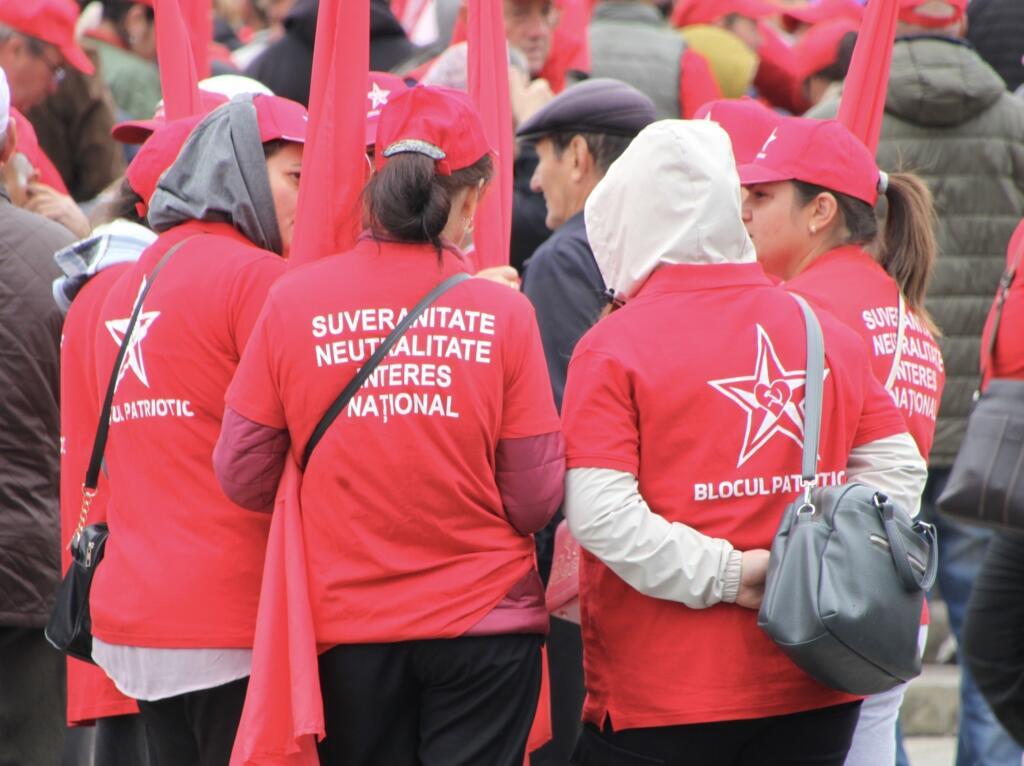
The Alternativa Bloc, led by Chisinau mayor Ion Ceban, former Prosecutor General Alexandru Stoianoglo, former prime minister Ion Chicu and strategist Mark Tkaciuc, positions itself as a “neither West nor Russia” coalition.
Its pragmatism has drawn voters tired of ideological confrontation, although its image took a hit when Ceban was denied entry to Romania in July over security concerns – a ban which extends to the entire Schengen visa-free travel area, Romania's foreign ministry said.
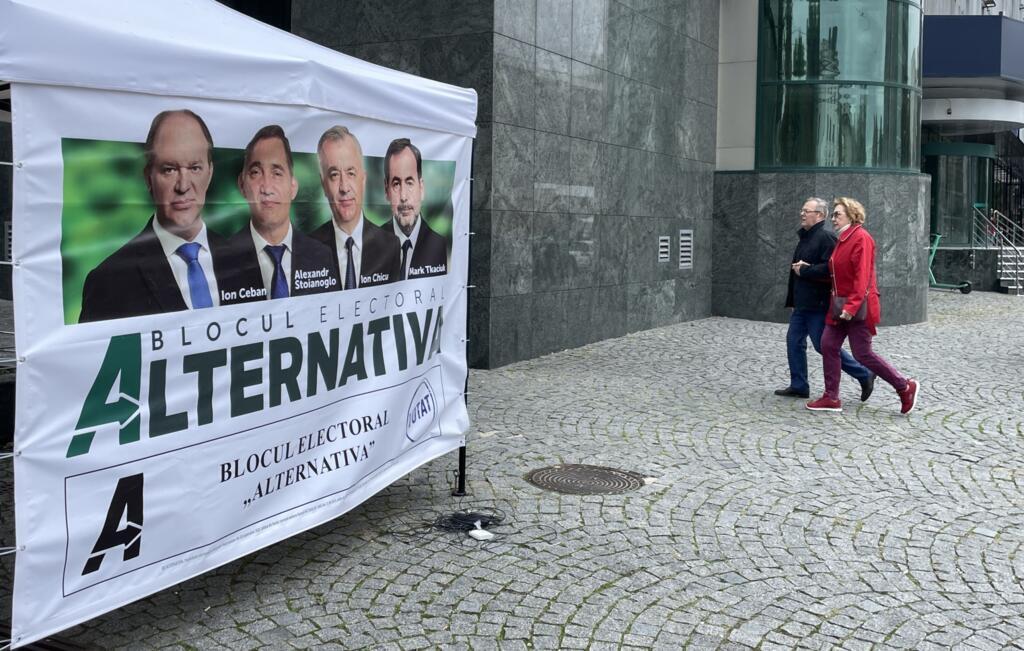
Russian influence
Moscow’s campaign to prevent a pro-EU majority has been well documented, and multi-faceted.
Intelligence leaks and investigative reports such as those by the Bulgaria-based Disinformation observatory, reveal strategies ranging from funding pro-Russian parties, deploying social media disinformation, orchestrating protests and targeting the Moldovan diaspora with false narratives and cash inducements.
Last week, Moldovan authorities detained 74 individuals accused of involvement in a Moscow-driven plot to destabilise the elections.
French support, Russian meddling and the fight for Europe’s frontier in Moldova
For the EU, Moldova’s election is a litmus test for the bloc's ability to withstand Moscow’s interference campaigns, and anchor reform and stability at its eastern border.
Brussels and several member state leaders have demonstrated support for Moldova’s sovereignty, with Emmanuel Macron, Friedrich Merz and Donald Tusk paying recent visits.
The EU has imposed targeted sanctions on individuals and groups suspected of fuelling Russian interference, while stepping up assistance for media pluralism, electoral transparency and civil society organisations.







